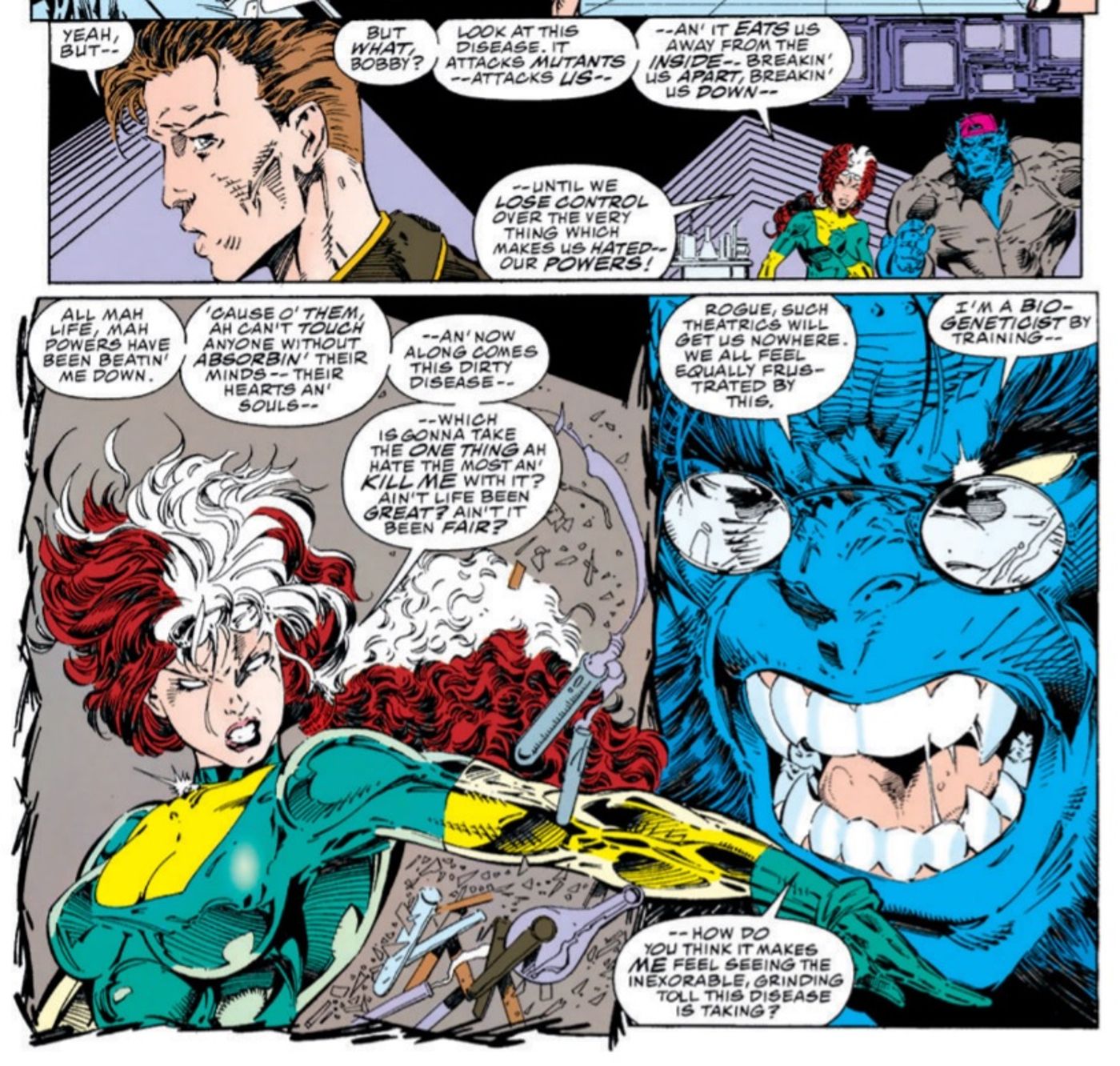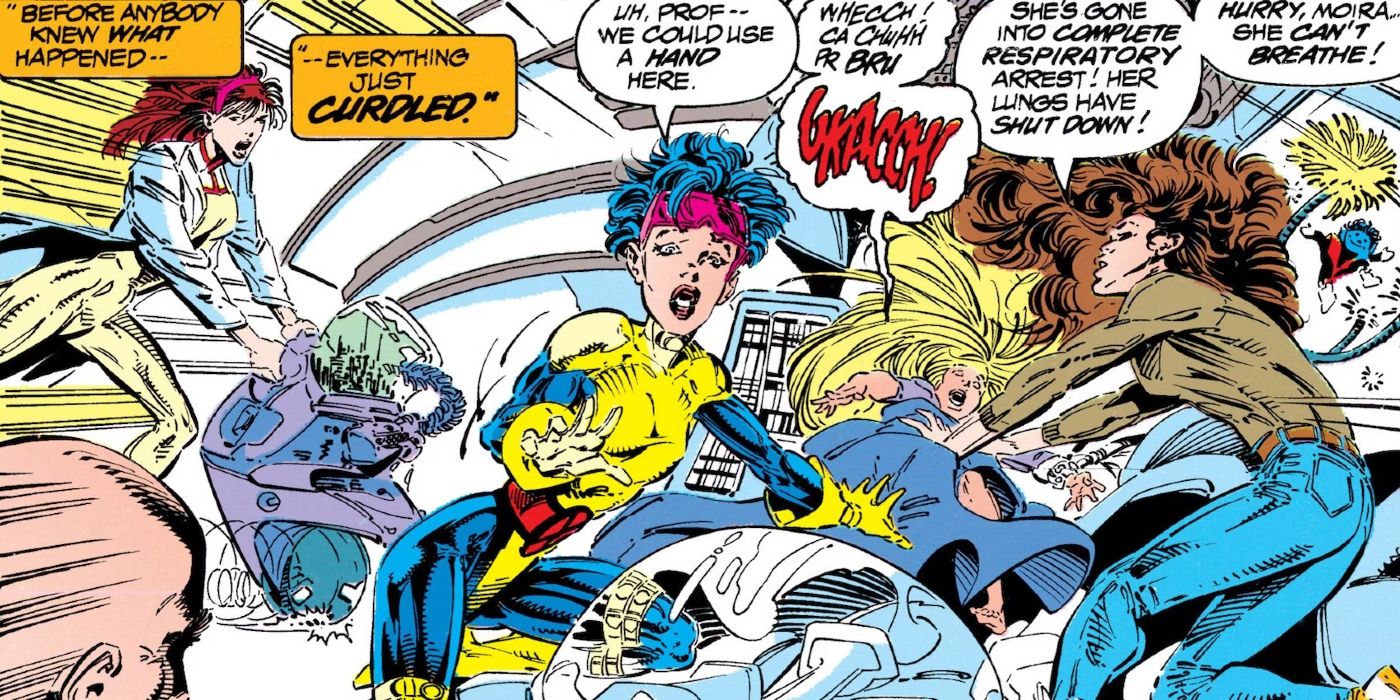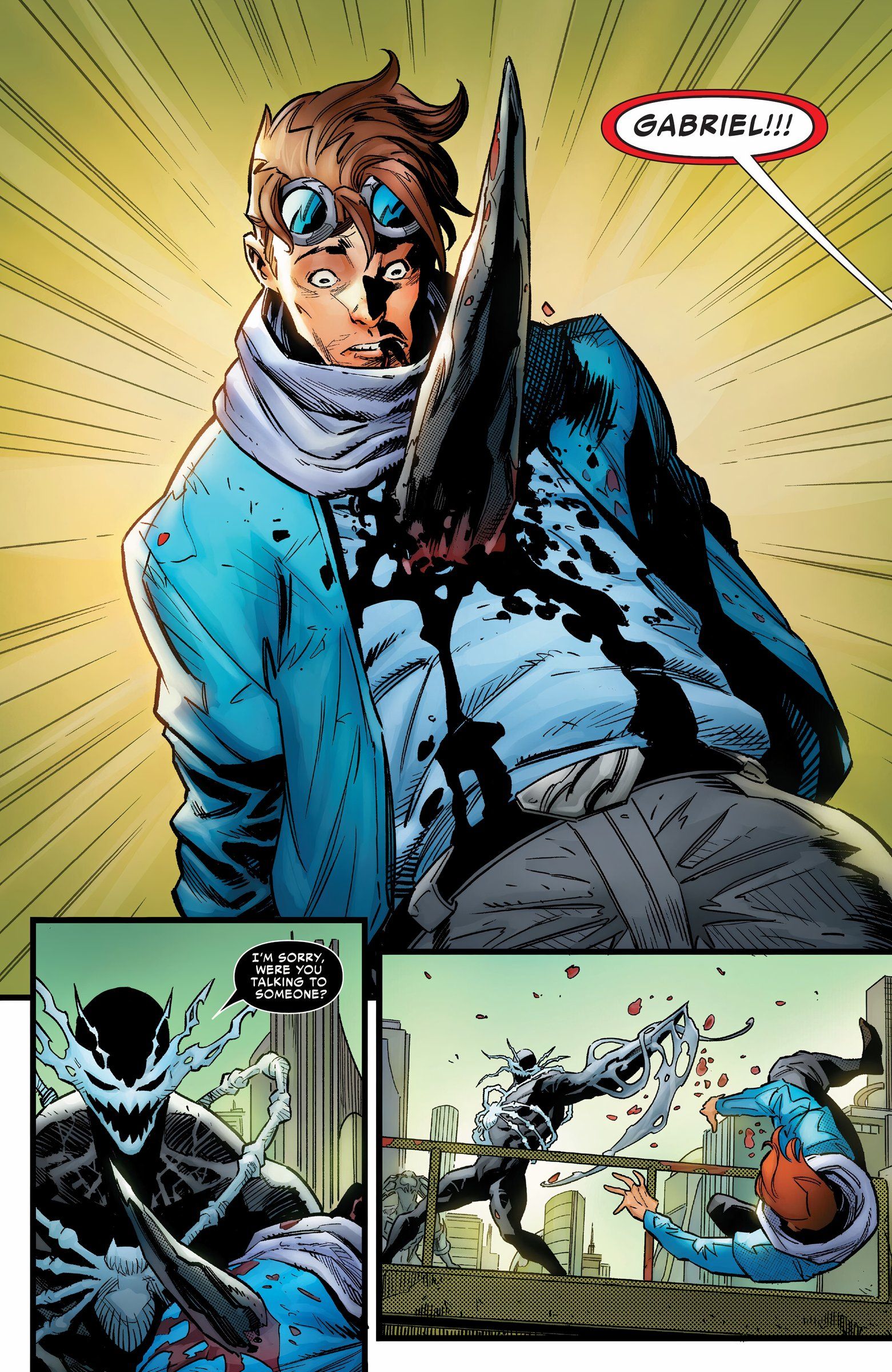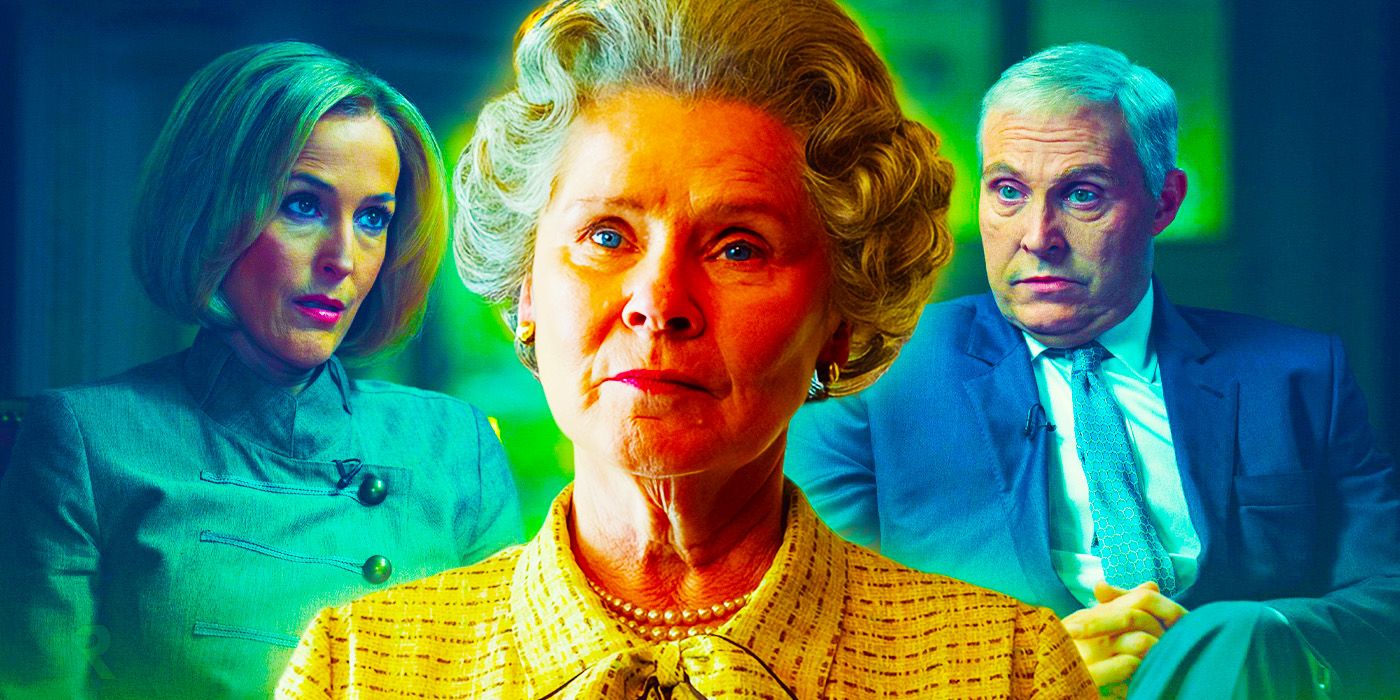The most controversial ’90s storyline in the X-Men‘s long history effectively proves that the heroes have always been “woke.” With the return of the original animated series in the Disney+ reboot X-Men ’97, Marvel’s most beloved team of mutants have once again taken the spotlight. However, even before the series’ premiere, reactionaries began decrying that the series was “woke” because Morph had been revealed to be a non-binary character. The series’ creators have spoken out against these critics, pointing out that the X-Men have always been socially progressive.
First appearing in the epilogue for 1993’s X-Force #18 by Fabian Nicieza and Greg Capullo, the Legacy Virus changed the X-Men forever when it was created as a deadly disease that affected the mutant population. The release of this plague saw a nearly decade-long story that killed hundreds of mutants, including fan-favorite characters like Pyro. It wasn’t until 2001 that a cure for the disease was found, when Colossus sacrificed himself to make the cure airborne and stop the Legacy Virus in its tracks after it claimed so many lives.

The lasting impact of the Legacy Virus has become well-known among X-Men fans, but the story behind it has turned this disease into one of the most insightful allegories for a real-world event: the HIV/AIDS epidemic.
The Legacy Virus Explored the Social Implications of HIV in the Queer Community

The HIV epidemic officially began in the U.S. during the 1980s, and it led to countless deaths, mostly among members of the queer community. However, then-President Ronald Reagan infamously went against suggestions of how to manage the virus. In a blow to the United States’ queer population, Reagan never publicly mentioned the virus until he finally addressed the epidemic for the first time in 1985, four years after the virus had already spread. The Legacy Virus, as a whole, works as a genius allegory for this unfortunate time in history by centralizing it on the mutant population.
When word got out in the Marvel Universe that only mutants were being affected by the virus, the mutant community was essentially left to fend for itself as they worked to find a cure before more could die. HIV was also believed early on to be something only queer people could contract, and public opinion on it didn’t change until cases among straight people like basketball player Magic Johnson were confirmed. As a result, the Legacy Virus mimicked this by mutating to also affect non-mutants. The most infamous human victim was Moira MacTaggert, until decades later, when she was revealed to secretly be a mutant.
The Legacy Virus Endures as the X-Men’s Most Scathing Allegory
The Legacy Virus storyline was a massive critique of Reagan’s response to HIV/AIDS and how it affected the lives of millions of Americans, which is a massive political stance to take. However, given that the X-Men have served as an allegory for oppressed minority groups and the constant hardships they face, it makes complete sense for them to tackle the epidemic. This was even highlighted in a brief documentary by The History Channel.
The Legacy Virus gave fans a glimpse into the chaos the queer community experienced during the epidemic through the eyes of their favorite heroes, painting a horrific picture of just how dark this time was for real people. This ended up lasting nearly a decade until 2001, when the cure for the Legacy Virus was created. This is around the same time real-world cases dropped off, according to a 2011 study by the World Health Organization, and the virus, while not eradicated, was deemed to be more manageable and not a death sentence.
While Stan Lee may have created the X-Men to have an excuse to create new heroes without an origin story, the meaning behind these heroes grew into something more. Their adventures have always tapped into the realities that minority groups face every day, with many modern allegories referring to the LGBTQ+ community specifically. The infamous Legacy Virus story shows how the X-Men have always been “woke,” and as long as bigotry exists, the X-Men will be there to highlight the effects it has on real people.
Sources: The History Channel, World Health Organization

X-Men ’97
X-Men ’97 is the direct continuation of the popular 1990s animated series X-Men: The Animated Series. Taking up where the third season left off, Marvel’s revival brings back famous mutants such as Wolverine, Storm, Rogue, Gambit, Cyclops, Beast, Magneto, and Nightcrawler, who fight villains like Mr. Sinister, the Sentinels, and the Hellfire Club.





